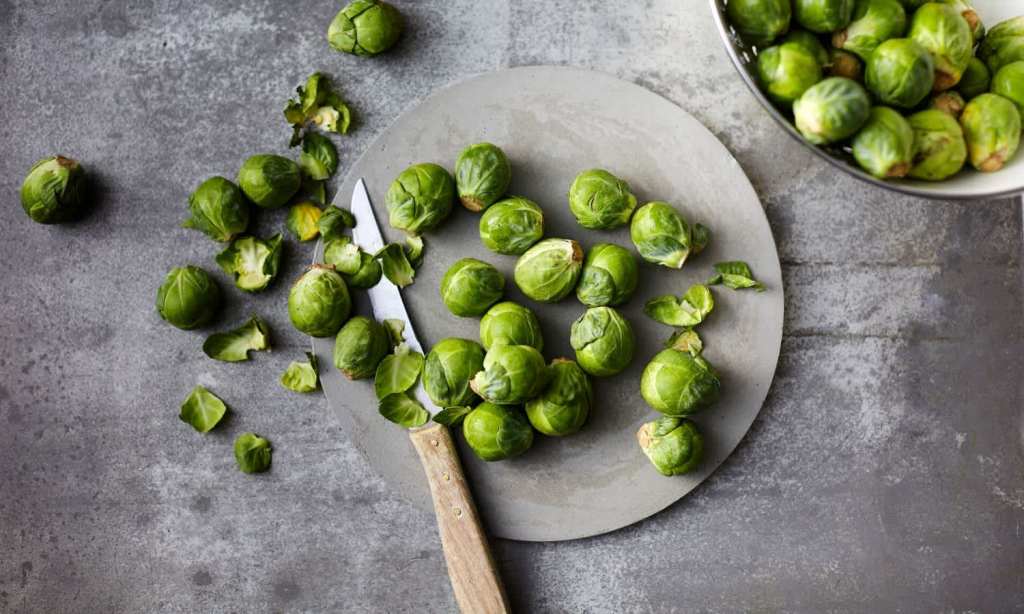As we get older, our tastes inevitably change. Asparagus might have tasted gross as a kid, but could now be one of your favourite foods. For some — no matter their age — eating veggies never becomes an enjoyable experience and are consumed solely for health reasons. Or simply not eaten at all.
For those veggie-haters, there could be a way to hack your body’s response so you can one day enjoy chowing down on a plate of vegetables. To do this, you’ll need to use the rewards-values system.
Psychiatrist and neuroscientist Jud Brewer told mindbodygreen (mbg) that you can begin the process by looking at your relationship with something delicious like cake.
“How rewarding a behaviour is determines how likely we are to repeat it in the future,” Brewer told the mbg podcast. “So if we eat the food—let’s say you eat some broccoli versus you eat some chocolate cake—from a survival standpoint, your brain is going to compare those two, and it’s going to say, which one has more fat and sugar? Because it wants the calories.”
“This is actually set up as a very, very basic survival mechanism and the simplest elements there are three elements: a trigger, a behaviour, and a reward or a result.”
While the sugar and fat content is appealing to your brain, Brewer explains that the reason we love eating cake is not just because of the food itself, but the experiences that surround the ritual of cake.
“When do we typically learn to eat cake?” Brewer asked. “When we go to birthday parties when we’re kids, right? And so there’s cake. There’s ice cream. There are friends. There are presents. It’s a lot of fun all packed into one.”
From here, it’s important to become aware of your experiences with food and how they make you feel. Awareness is the key between tolerating something and eating something because it’s rewarding. Brewer points out that for adults the concept of reward is different to children.
For example, are you after something sweet that could cause a sugar crash later on, or do you need something that provides a little more sustained energy? You might turn to chocolate or ice cream for comfort when you’re stressed but the feeling of comfort is usually shortlived.
“That might distract me for a little bit or give me a sugar rush, but that’s not actually going to fix the root cause of my stress,” Brewer explained.
To change how your brain feels about certain foods, you have to tune in to see how your body reacts to it. Brewer offers two thoughts to keep in mind when monitoring how you feel post-eating.
“One is, if they eat, and they really savour it […] how little is enough?” said Brewer. “It’s much easier for them to stop. If they can’t stop, we said, ‘OK, go for it, but pay attention afterward,’ just so that they can update that reward value in their brain.”
Tapping in and updating how you feel about food after eating can help change your relationship with that item. You might feel like you’re lacking energy after consuming a piece of cake, while a bowl of roasted veggies might make you feel satiated.
Paying attention to what your body really needs (be it a sugar hit or a veggie kick) means that you’ll be able to fuel it correctly and hopefully learn to love the less-exciting but good-for-you foods.







